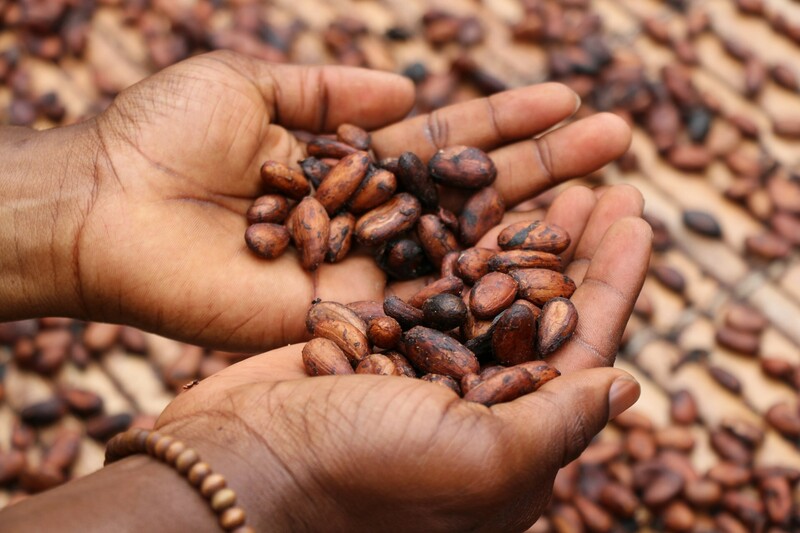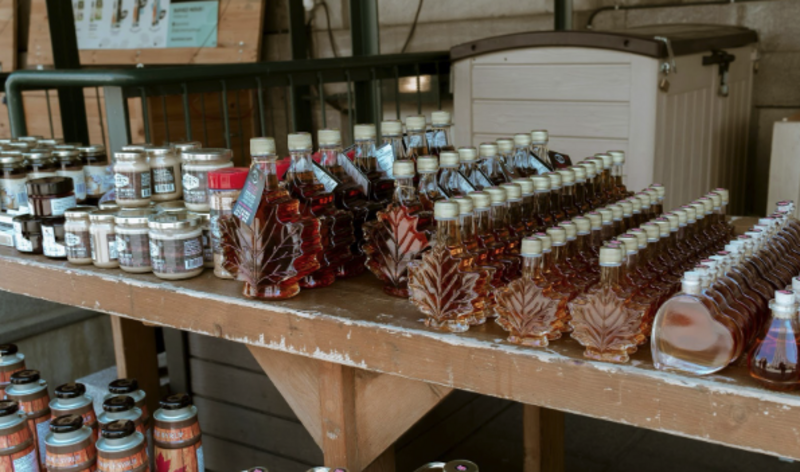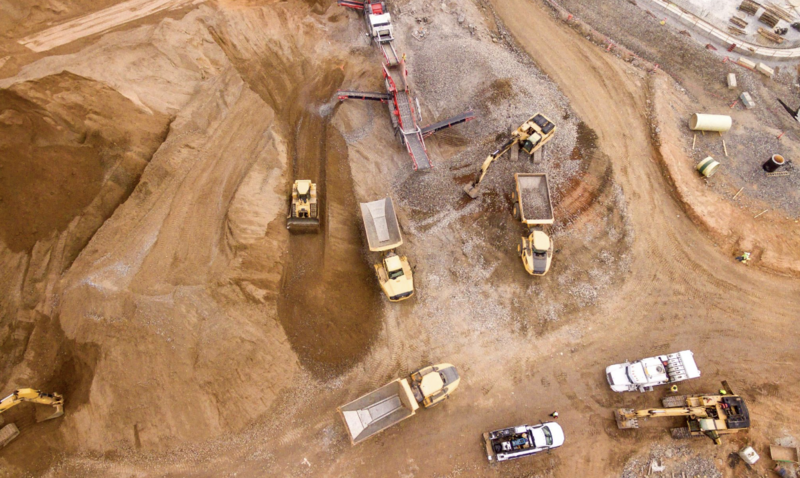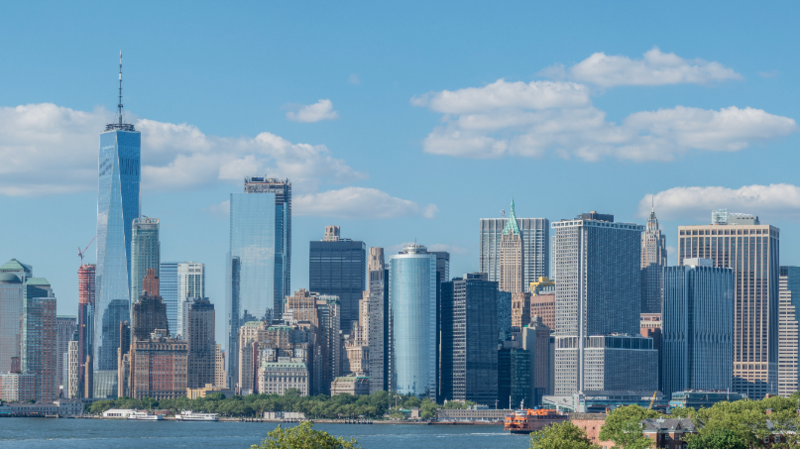Canadian Bank Earnings Week is under way, and while we admit it’s not as exhilarating as Shark Week, it can teach us some valuable lessons about the murky waters of the economy.
What happened: Quarterly earnings reports for Scotiabank and BMO showed that both banks are keeping more cash aside than analysts expected to cover loans that could go sour, known as loan loss provisions, continuing a trend of caution in a risky environment.
.png)
.png)

.png)


%20(14).png)


%20(5).gif)